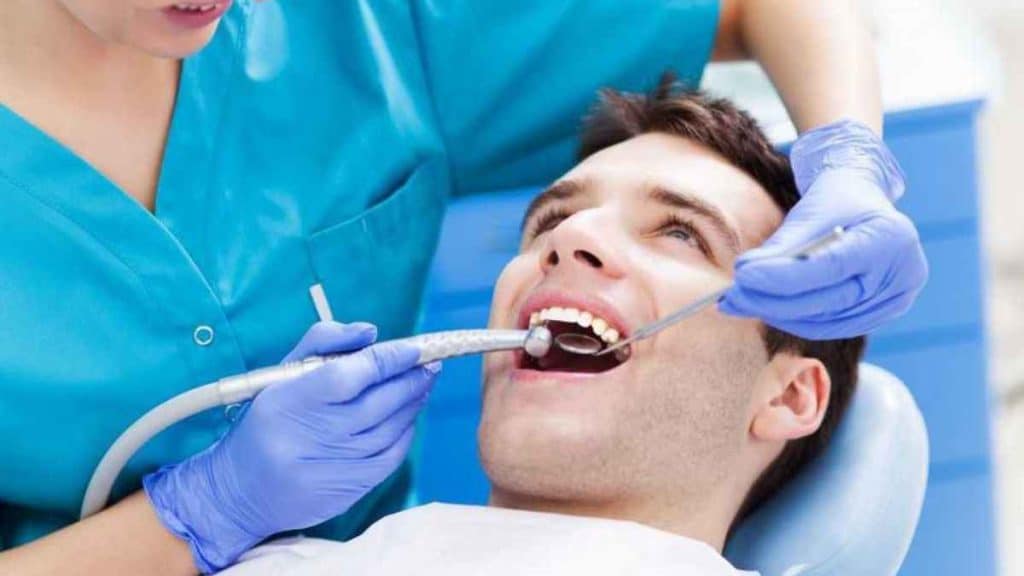Public health experts, physicians and dentists frequently criticize the dental industry as one focused more on money than on health.
Even so, many Americans continue to receive high-quality dental care services due to a few key features that distinguish great clinics.
1. Experience
Experience is of utmost importance when searching for the ideal dental clinic, as this will allow you to determine if they will provide top-of-the-line services to you.
Experience is another indicator of staff quality at a Vaughan Mapledentalhealth.com dental clinic, since a high-caliber clinic will contain qualified dentists, orthodontists, periodontists and dental hygienists on staff.
An essential factor is how clean and organized the clinic is, since any indication that its cleanliness may indicate staff are failing to abide by health and safety regulations is an indicator that staff have become complacent with regard to health and safety guidelines.
2. Equipment
Dental clinics rely on various pieces of equipment in order to perform treatments, including dental chairs, lighting, handheld tools and devices, oral irrigators, suction machines and laser systems.
Good clinics leverage modern technologies such as digital radiography and intraoral cameras to enhance patient comfort and care, saving both time and money by providing more precise treatments with less errors. These cutting-edge innovations enable dentists to offer faster care with greater efficiency.
Equipment planning is key to the success of dental clinics. This involves assessing each piece of equipment’s lifespan and making sure there are maintenance services and technicians available should any maintenance issues arise.
3. Reputation
Reputation is one of the key considerations when selecting a dental clinic, as it influences people’s thoughts, behaviors and purchases.
Reputations matter immensely for all businesses and individuals; from brand recognition and company success, to day-to-day decisions and national formation.
Reputable businesses owe their success to an amalgam of factors, from experience and quality service delivery, modern equipment, customer care and staff that cares about patients.
Word-of-mouth recommendations are the best way to assess a dental clinic’s reputation. Solicit advice from friends, neighbors, and co-workers regarding their experiences with particular practices.
4. Insurance
Insurance, in its simplest terms, involves individuals or businesses paying an insurance premium to a provider in exchange for compensation if any financial losses arise due to accidents, theft or property destruction – such as losing home or vehicle.
When it comes to dental care, the ideal clinic should offer high-quality services at an affordable cost. Furthermore, their staff and equipment must ensure patient safety and satisfaction – this may include having an array of professional dentists on staff to handle everything from regular cleanings to complex procedures like smile makeovers and teeth whitening. Finally, its location must be easily accessible either near where you reside or work.
5. Fees
Fees charged by dental clinics are essential components of professional businesses. Their fees must cover expenses and reinvestments into the practice while still offering sufficient compensation to doctors.
Idealistically, dental fees should reflect both the skills and judgment of the practitioner as well as the cost of service provided, but market forces dictate pricing in dentistry.
Dentists need to raise their fees regularly in order to remain competitive in the marketplace and account for inflation and other factors. Most physicians achieve this through surveys, allowance tables from indemnity plans or relative value tables.
The Ontario Dental Association has published a fee guide every year since 1990 to help standardize dental fees in the province.
